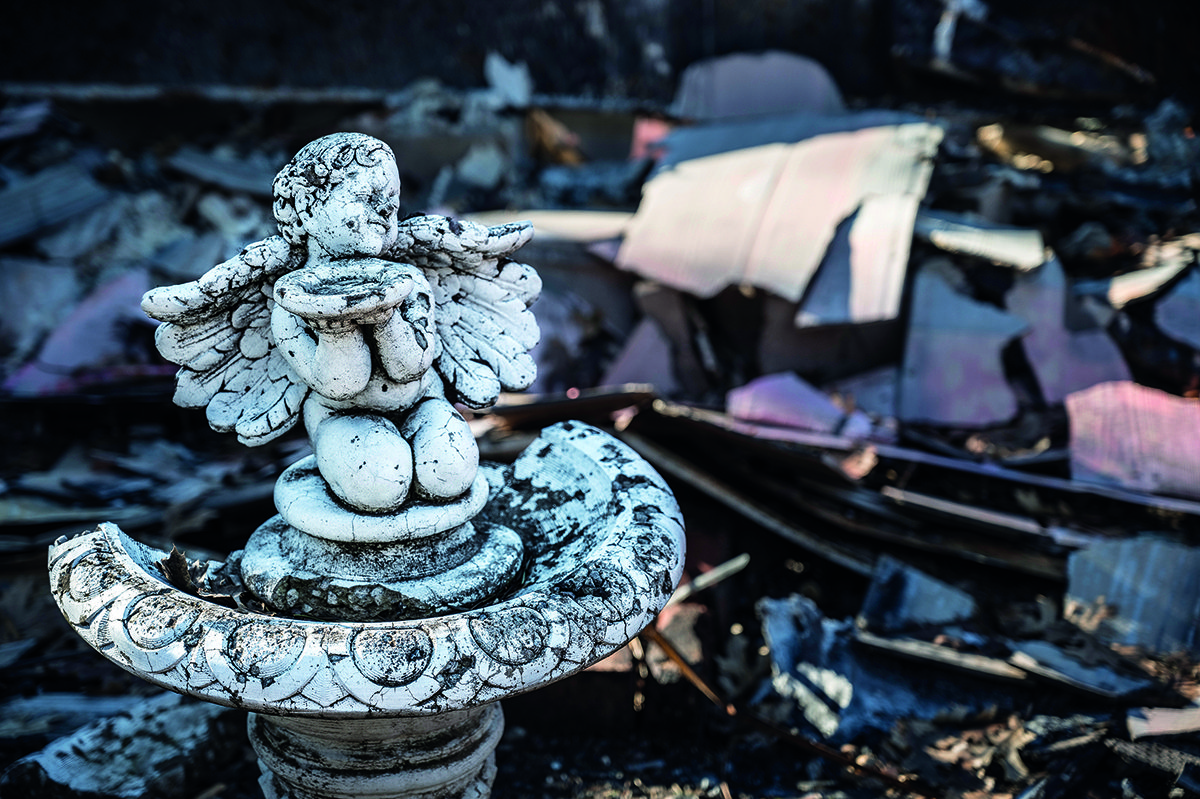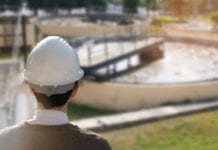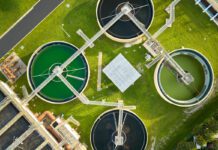
Following a devastating wildfire in 2018 that raged through Paradise, California, volatile organic compounds (VOCs) were found to be contaminating the town’s water—and scientists suggest this problem may be widespread in other fire-prone areas. A feature article in Chemical & Engineering News, an independent news outlet of the American Chemical Society, has examined how plastic pipes may be a key source of contamination and explores what can be done to protect vulnerable communities.
Testing revealed Paradise’s water contained VOCs (including benzene, naphthalene and toluene, among others) at levels exceeding US Environmental Protection Agency standards, as freelance contributor Robin Meadows writes. A team investigating the water contamination did not find VOCs in the treatment plants or mains but did detect them in the service lines, which are smaller pipes near or above ground typically made of plastics like polyvinyl chloride (PVC) and high-density polyethylene (HDPE). The researchers also found evidence that PVC and HDPE start to degrade and generate VOCs at high temperatures, but don’t need to burn to do so. Another study identified the VOCs in Paradise’s water and compared them to VOCs emitted from burned pipes and to other sources such as building materials. Their results suggest that the water sample was contaminated by a combination of plastic pipes and smoke.
While it is impractical and costly to eliminate plastic from service lines, experts say that some changes can help protect communities from their risks, such as burying them deeper to insulate them from the heat produced by fires. A network of isolation valves can help prevent contaminants from spreading throughout the water system in the event of a fire. In the future, sensors may be able to detect when pipes reach the threshold temperature for releasing VOCs. Beyond installing engineering systems, other strategies include managing vegetation, reducing the flammability of buildings and assessing individual community vulnerabilities. And after wildfires, water utility companies should act fast to test for contaminants in the water of burned homes and service lines, say experts.







